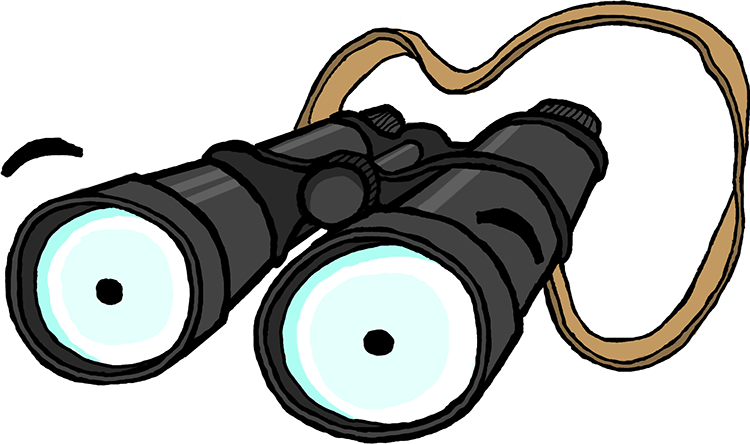Young People
When implementing a new ideology or trying to change the way a society works, one of the most important groups of people to influence are children and young people because they are the future of the state.
The Soviet Union used their control of society to influence what schools and youth groups taught the next generation about life outside of the classroom and outside of East Germany. One such example was The Free German Youth or the Freie Deutsche Jugend (FDJ). The FDJ was formed in the Soviet zone after the end of the Second World War in 1946. The FDJ was a youth organisation open to all fourteen to twenty-five-year olds. Their regime and activities were controlled by the Socialist Unity Party of Germany (Sozialistische Einheitspartei Deutschlands - SED).
Although not technically compulsory, if a young person did not join the group it could potentially have a negative impact on their future. If one wanted to have a political career or have a better chance of getting into University, joining the FDJ was practically necessary!
Before joining the FDJ there was another youth group for all young people aged six to fourteen, called the Young Pioneers, (Junge Pioniere - JP). Like the FDJ, the JP was used to ensure the SED values were taught from an early age.


